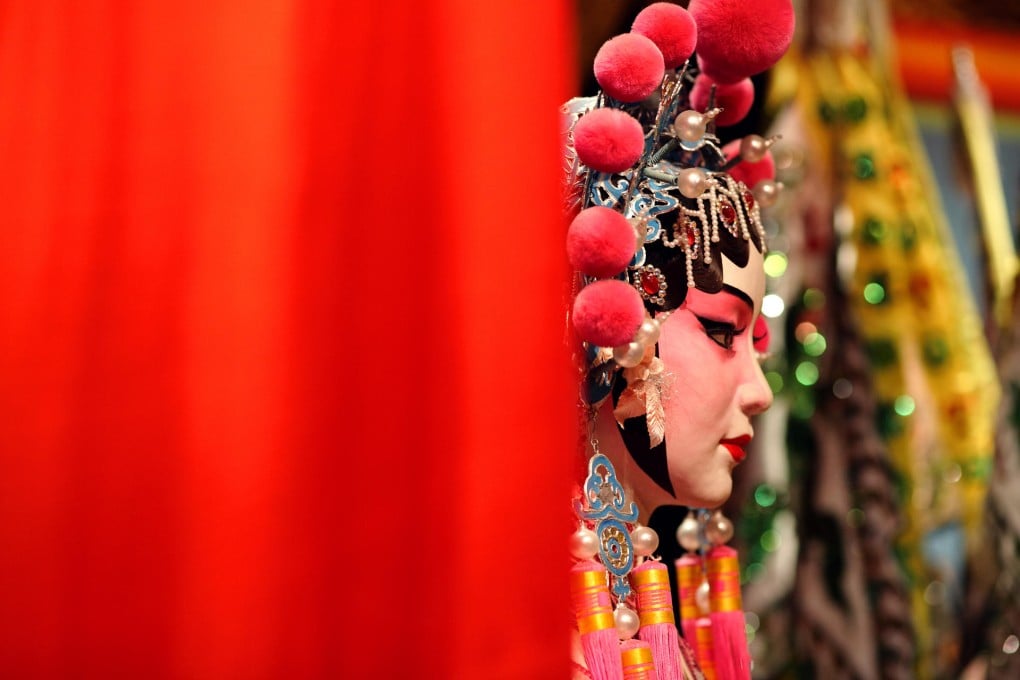Deciding the future of Cantonese opera
Can Hong Kong's traditional art form entice younger audiences and nurture fresh talent as it welcomes a major new venue, asks Winnie Chau

At an arts festival discussion last year about audience building, Ursula Gessat, head of the Bavarian State Opera's education department, was asked about her achievements over the past 10 years. "Achievements?" she muses. "Let's talk about them 50 years later." That response made a deep impression on her fellow speaker, Cantonese opera master Franco Yuen Siu-fai.
Yuen is not only a leading performer but also an active advocate for his art, especially in his capacity as a vice-chairman of the Chinese Artists Association (CAA) of Hong Kong - the city's oldest and largest union of Cantonese opera performers.
As he sees it, Gessat's approach is a more measured alternative compared to the Hong Kong government's requirement for arts groups to report annual figures on programmes that it supports. This hurry to see immediate results stands at odds with an art form as sophisticated as Cantonese opera, he argues.
The flurry of opera-related projects that officials have crammed into art development programmes since Unesco added Cantonese opera ( in Putonghua) to its intangible cultural heritage list in 2009 perhaps reinforces this perception.
In the absence of a long-term training system, the CAA has sought to nurture young talent for decades. A recent example is the Young Talent Showcase, which is designed to give emerging artists the chance to perform in full-length productions at Yau Ma Tei Theatre. Launched last year under a venue partnership scheme partly funded by the Leisure and Cultural Services Department, the year-long showcase placed 46 young performers under the tutelage of five CAA artistic directors, and covered everything from script selection to rehearsals.
Mostly in their 20s, the group put on 129 major performances which drew an average attendance of over 70 per cent of the 300-seat auditorium, which is a creditable run. Yet Yuen says: "The most successful thing about this is not the box office or the compliments, but the atmosphere it has created." The atmosphere he is talking about is one of collaboration behind the scenes, something from which the master draws gratification.
Cantonese opera faces great challenges despite its 1,000 years of history and elevated status, not least because of its elderly audience base and a shrinking pool of future performers.